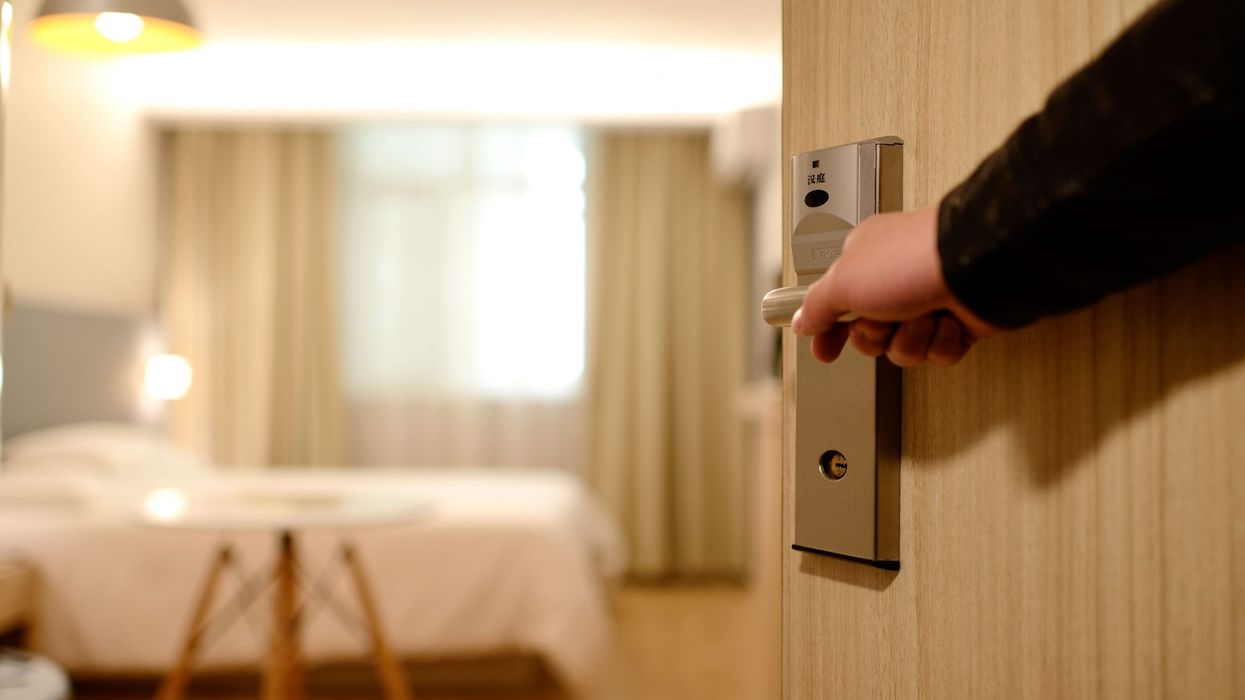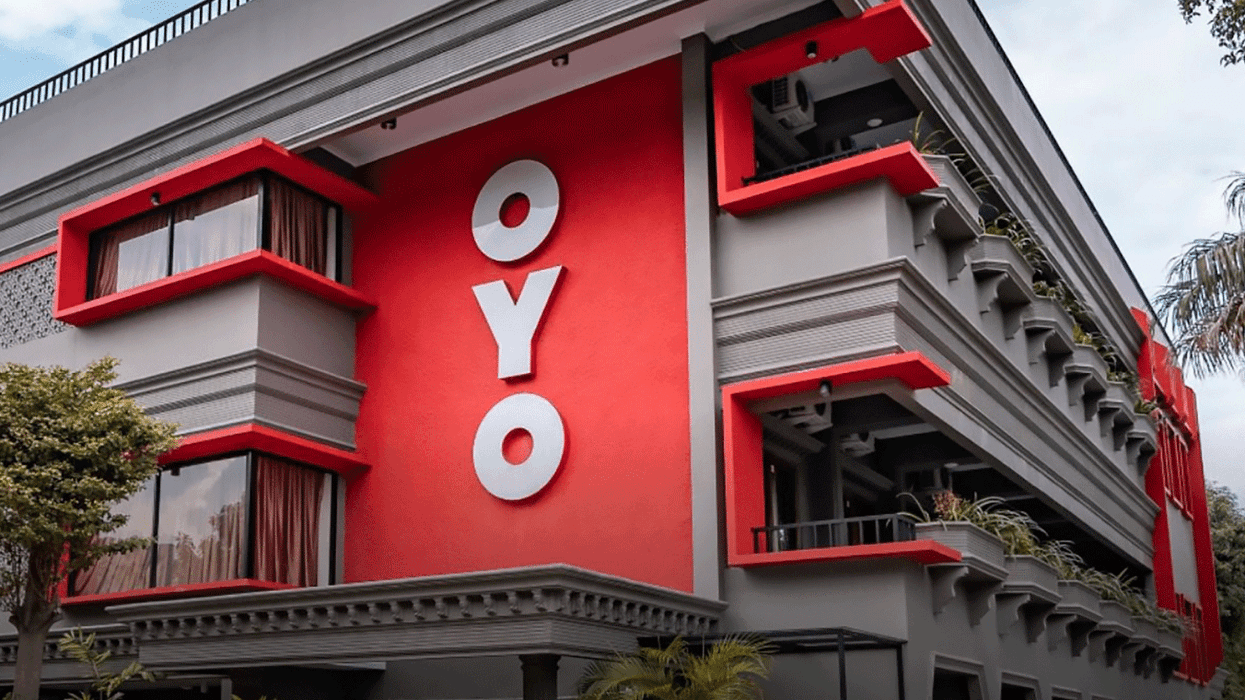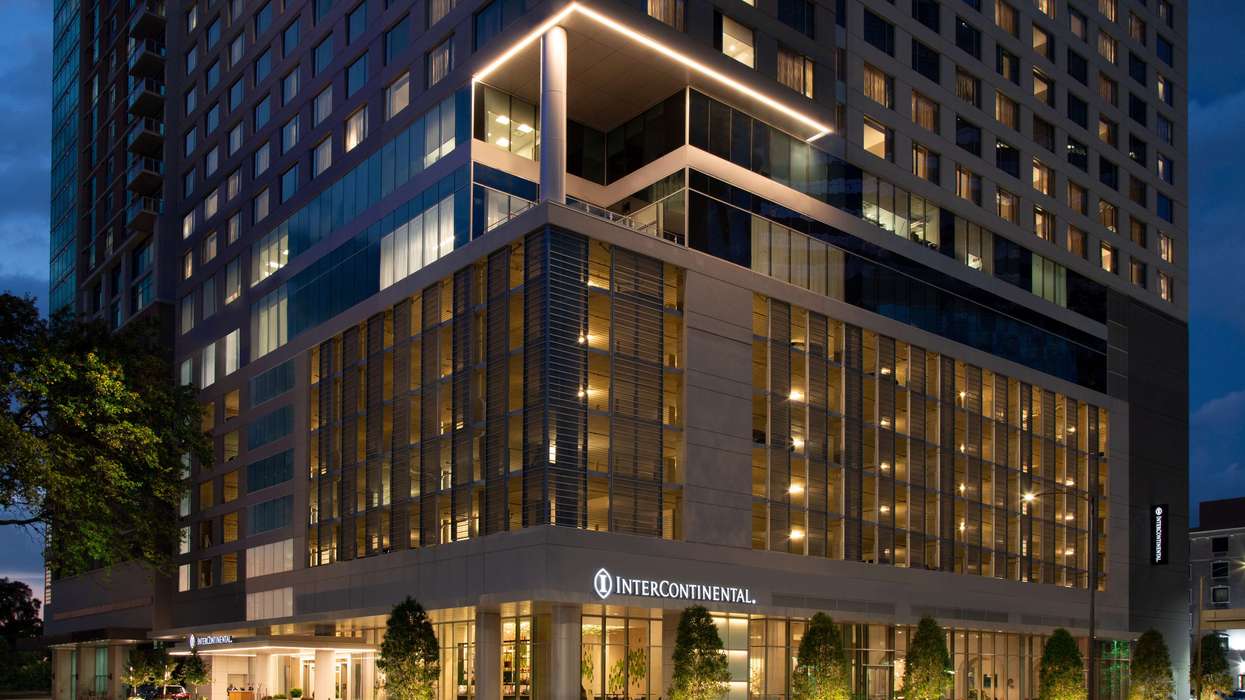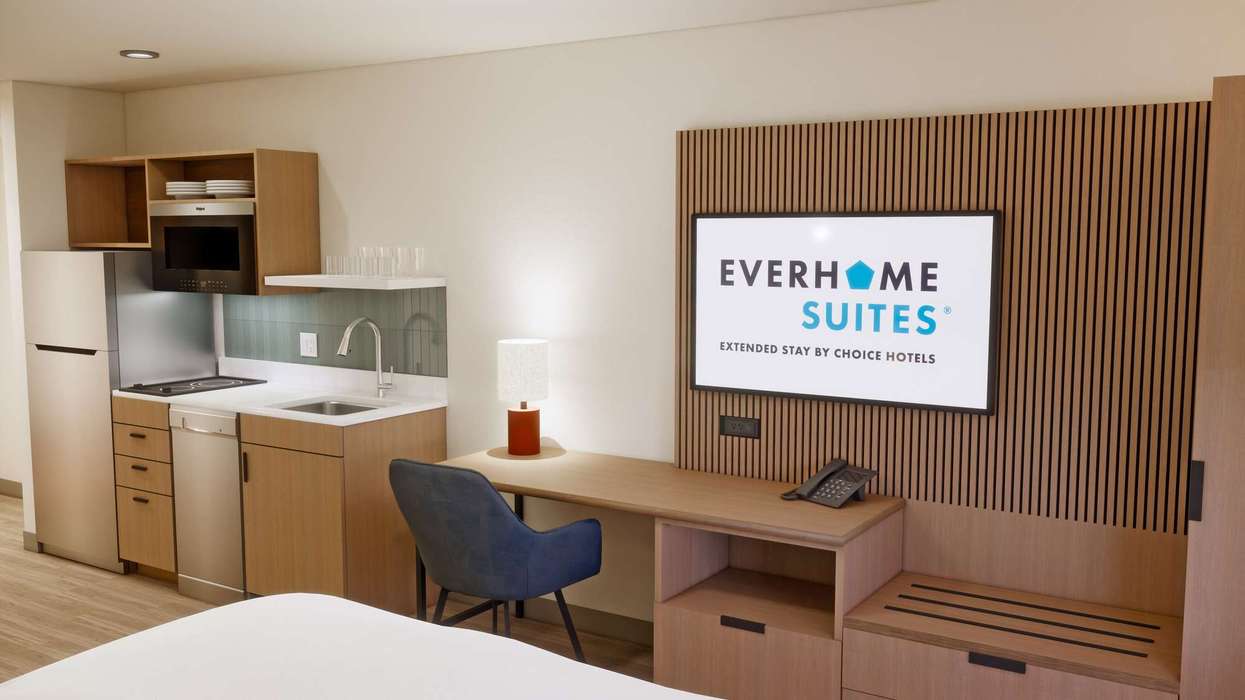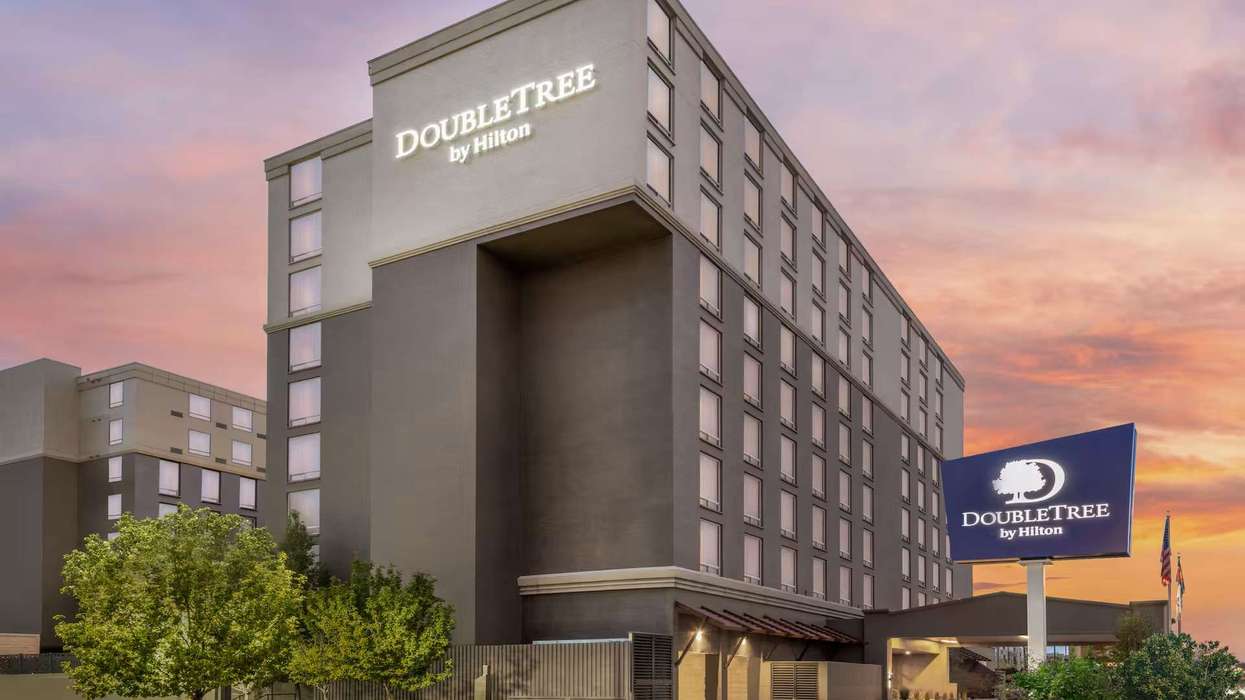In the fast-paced world of the hospitality industry, efficiency and accuracy are crucial to success. One way to accomplish this is by implementing a Point of Sale (POS) system. A POS system is a software and hardware mixture that allows enterprises to streamline operations, improve client experience and boost accuracy in order-taking and billing. This article will explore the diverse benefits of a POS system for the hospitality industry.
Streamlining Operations and Improving Efficiency
A POS system can significantly streamline operations and improve efficiency in the hospitality industry. With a POS system, staff can quickly and easily take orders, process payments and generate receipts. It eliminates the need for manual calculations and reduces the chances of errors. POS systems, like Mews POS System, can also integrate with other systems, such as inventory management and accounting software, further streamlining operations and reducing the time spent on administrative tasks.
Enhancing Customer Experience and Satisfaction
A positive customer experience is crucial for the success of any hospitality business. A POS system can help enhance customer experience and satisfaction in several ways:
- It allows for faster and more accurate order-taking, reducing wait times and ensuring that customers receive exactly what they ordered.
- A POS system can store customer preferences and order history, allowing staff to provide personalized service and recommendations.
- A POS system can facilitate loyalty programs and promotions, rewarding customers for continued patronage.
Increasing Accuracy in Order-Taking and Billing
Accuracy is essential in order-taking and billing in the hospitality industry. A POS system eliminates the need for manual calculations and minimizes the chances of errors. With a POS system, staff can easily input orders, customize them according to customer preferences and send them directly to the kitchen or bar. It reduces the risk of miscommunication and ensures that orders are prepared accurately. Additionally, a POS system can automatically calculate taxes, apply discounts and generate accurate bills, saving time and reducing disputes.
Inventory Management Made Easy
Inventory management is a critical aspect of running a successful hospitality business. A POS system can simplify inventory management by providing real-time updates on stock levels and automating the reordering process. With a POS system, staff can easily track inventory, monitor ingredient usage and generate reports on popular items and slow-moving stock. It allows businesses to optimize inventory levels, reduce waste and ensure they always have the necessary ingredients and supplies.
Reducing Human Errors and Minimizing Fraud
Human errors and fraud can have a significant impact on the profitability of a hospitality business. A POS system can help reduce human errors by eliminating the need for manual calculations and minimizing miscommunication between staff members. Also, a POS system can track sales, monitor cash transactions and provide detailed reports, making detecting and preventing fraudulent activities easier. By implementing a POS system, businesses can minimize losses due to errors and fraud, ultimately improving their bottom line.
Optimizing Table Management and Reservations
One of the key benefits of a POS system for the hospitality industry is its ability to optimize table management and reservations. With a POS system, businesses can easily track table availability, manage reservations, and assign customer tables. It eliminates the need for manual tracking and reduces the chances of double bookings or overbooking. In addition, a POS system can provide real-time updates on table availability, allowing staff to manage seating arrangements and minimize wait times for customers efficiently customer wait times.
Furthermore, a POS system can also integrate with online reservation platforms, making it easier for customers to book tables in advance. It improves the customer experience and helps businesses attract customers by offering a convenient and hassle-free reservation process.
Facilitating Secure and Convenient Payment Options
Another significant benefit of a POS system for the hospitality industry is its ability to facilitate secure and convenient payment options. Traditional payment methods, such as cash or manual credit card processing, can be time-consuming and prone to errors. With a POS system, businesses can accept various payment methods, including credit cards, mobile payments and even contactless payments.
POS systems also offer enhanced security features, such as encryption and tokenization, which protect customer payment information and reduce the risk of data breaches. By providing secure and convenient payment options, businesses can improve customer satisfaction and increase the likelihood of repeat business.
Automating Loyalty and Rewards Programs
Loyalty and rewards programs effectively allow hospitality businesses to retain customers and encourage repeat visits. However, managing these programs manually can be time-consuming and prone to errors. A POS system can automate loyalty and rewards programs, making it easier for businesses to track customer purchases, issue rewards and provide personalized offers.
In conclusion, a POS system offers numerous benefits for the hospitality industry. A POS system can revolutionize businesses in this sector, from streamlining operations and improving efficiency to enhancing the customer experience and optimizing table management.
By implementing a POS system, businesses can increase accuracy, reduce errors and fraud, and facilitate secure and convenient payment options. Furthermore, a POS system automates loyalty and rewards programs, allowing businesses to build customer loyalty and gather valuable data. With all these advantages, it's clear that a POS system is a valuable investment for businesses in the hospitality industry.
